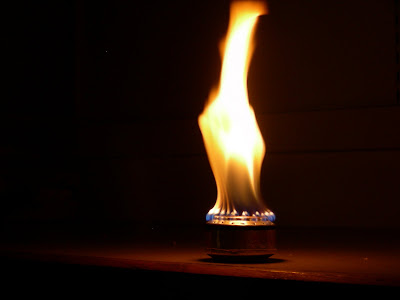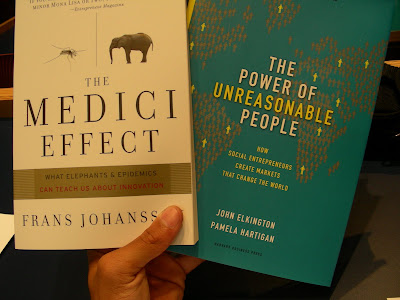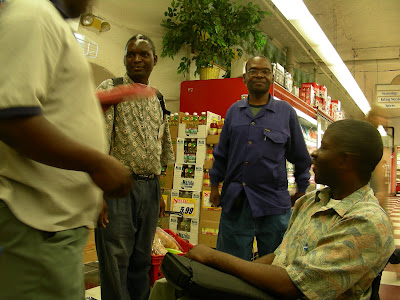
The focus of today's lecture was Problem Framing and Stakeholder Identification. Problem Framing can be in the form of Progressive Abstraction and/or Reframing. Progressive Abstraction goes from high level (broad) concepts to specific details. Reframing has a few ways to think about it, we were told to consider Denial (the problem isn't x, its y) and Reversal (do the opposite). We then broke off into our groups to work on this. The goal is develop a range of possible approaches to the project. How we frame the problem, will influence what is necessary to solve it.
Stakeholder Identification is a useful tool, looking at Beneficiaries, Competitors and Funders. A few considerations for this step are stakeholder investment, interest, influence and participation strategy.

The participant presentations for today were Engineers Without Boarders UK, Hayley Sharp and Thalia Konaris. It is similar, and different to ESF Brasil. For myself, the most interesting thing was the list of projects available on the website that students are working on. This seems like a good space to go to find inspiration when one doesn't know what projects to work on.
David Sokal presented an idea to turn old automotive tires into bikeways in North Carolina. The reasoning behind this is because the state has stopped funding their construction (I think). He doesn't wan't to regrind the tires, and is cutting them open flat, and trying to hold them together. A straight forward, yet still difficult challenge.
Derek Lomas presented a series of ideas from his MFA studies at UC San Diego. His overall message is the need for people to address the state of technology and culture. One subheading of this is the use of technology to advocate social change. It's a broad subject, that I see having a lot of potential (not all of it commercial, yet).
Lamine Diakite, president of the Red Cross committee in Guinea Conakay, talked about Moringa as a solution to malnutrition in the area, and over Africa. He talked about the use of Solar Dehydrators to help preserve the nutrient content while drying the leaves of the tree. Also his desire to spread knowledge about this multifaceted plant. His call to help was for another organization to help in someway spread this knowledge and application of the Moringa plant.
Finally, there was a demonstration of converting corn cobbs to carbonized briquettes. Amy Smith took us out to the quad and we burned some dried cobbs in a not so elaborate, not so simple process.
Bonus after that, Suprio gave me a pot made out of Jute rope, that is biodegradable and inexpensive! I can't wait to bring it back to the CMTEL at Art Center. Also, to give it to an illustration friend to do some fantastic graphics all over this.
Bonus bonus, going to the Thirsty Ear with the IDDS members and singing karaoke!














































